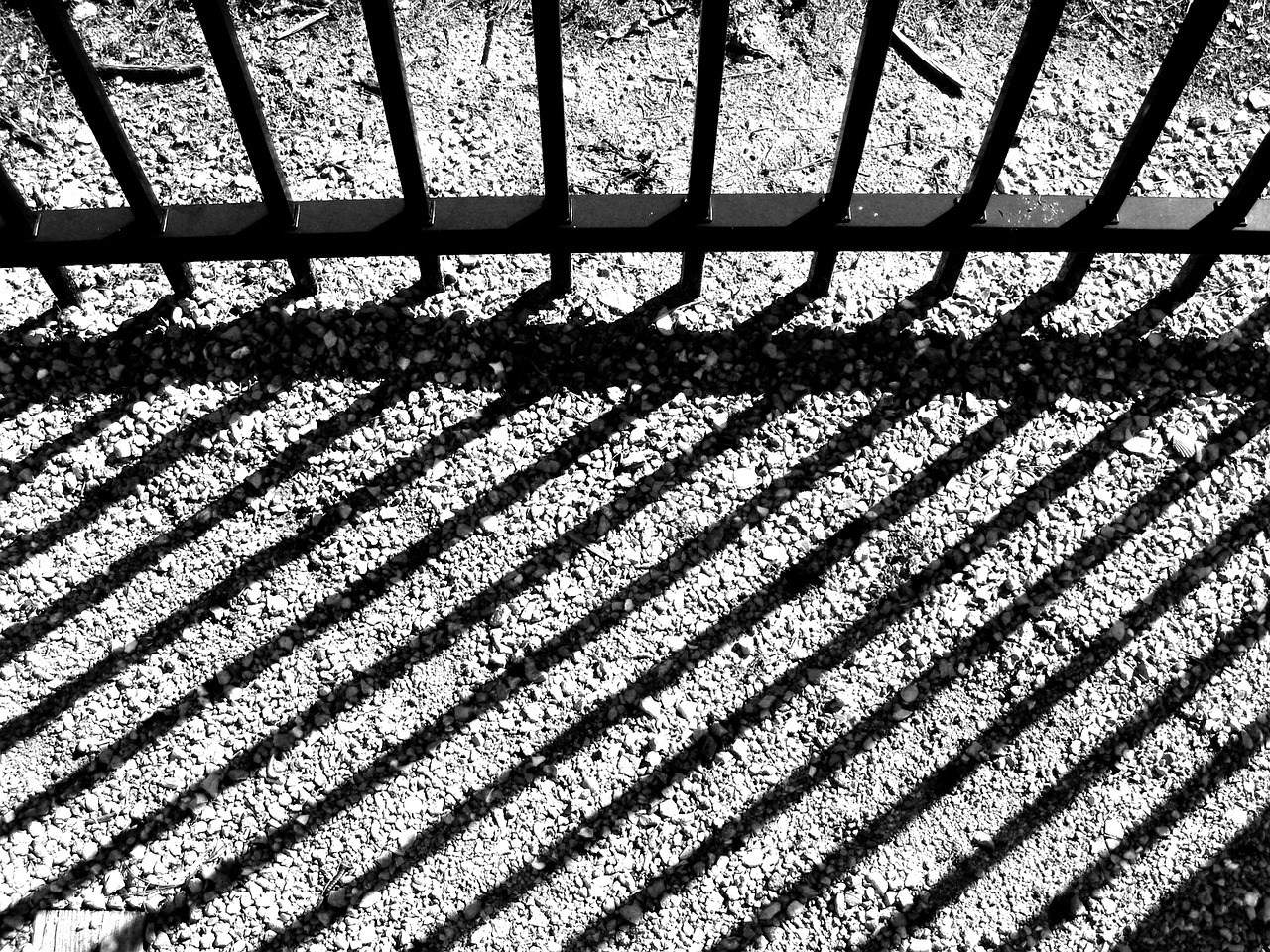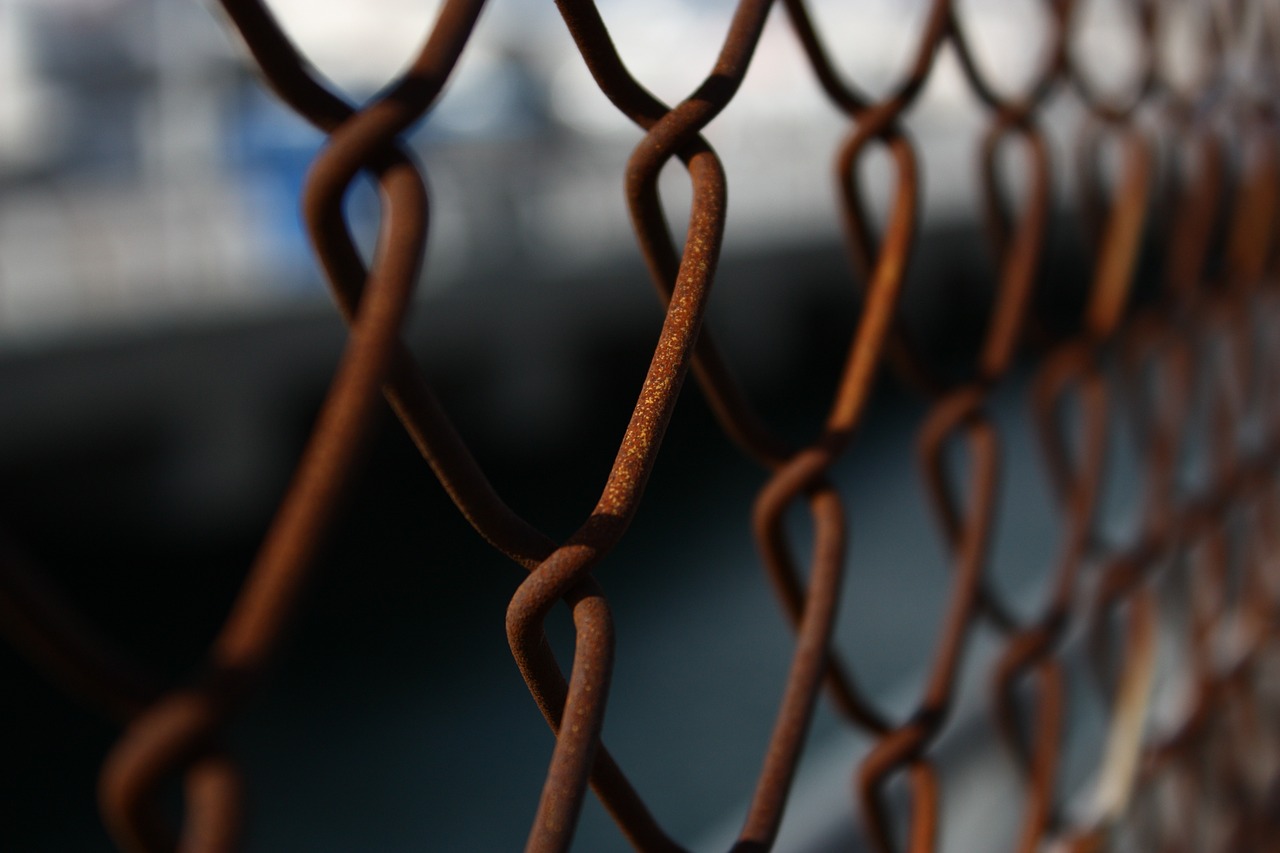The term ‘miscarriage of justice’ generally applies when a person is convicted of a crime but later their case is re-opened and their conviction is found to be ‘unsafe’. Here we look at the important role human rights can play in securing justice.
How can Human Rights Remedy Miscarriages of Justice?
Human rights – such as the right to a fair trial, to liberty and freedom of speech – can play a fundamental part in preventing potential miscarriages of justice.
The right to a fair trial (Article 6 of the Human Rights Convention) means you are innocent until proven guilty and you can access legal representation to help prepare your defence. The right to liberty (Article 5) ensures you are only detained in certain carefully prescribed circumstances and, if you are arrested, you have to be told why and given speedy access to a judge. Freedom of speech (Article 10) can give you the power to contact people – such as the media – who can help investigate your case to prove your innocence.
Nonetheless, we know that in practice miscarriages of justice do happen. When they do, human rights are especially important because their protections can help to expose the wrong that has been done. Here are some examples of high-profile miscarriages of justice which human rights helped to expose or remedy.
Ian Simms and Michael O’Brien

Ian Simms and Michael O’Brien were prisoners, each serving life sentences but they claimed to be innocent. They wanted a journalist to investigate their side of the story, so that their cases could be re-examined. However prison authorities placed restrictions on Simms and O’Brien being interviewed by the press, so they took their case to the highest UK court (then called the House of Lords, now known as the Supreme Court).
The Court said that a “substantial number” of miscarriages of justice had been identified and corrected only as a result of painstaking investigation by journalists. It concluded that the policy of preventing journalists from interviewing prisoners violated the right to free speech. Subsequent investigations eventually led to Michael O’Brien being exonerated of murder and released.
Victor Nealon and Sam Hallam

Victor Nealon spent 17 years in prison for attempted rape. Sam Hallam served more than seven years for murder. Both men were released when appeal judges decided that fresh evidence – new DNA evidence from an unknown male in Nealon’s case and mobile phone pictures in Hallam’s – meant that their convictions were unsafe.
However, after Hallam and Nealon’s release, and despite their having been wrongfully imprisoned for several years, the Ministry of Justice refused to grant Hallam and Nealon any compensation. The Ministry of Justice claimed that the new evidence did not show “beyond reasonable doubt that [they] did not commit the offence[s]”. Hallam and Nealon argued that UK law wrongly restricts compensation in miscarriage of justice cases and is incompatible with the European Convention on Human Rights. In 2016, both men lost their cases for compensation in the Court of Appeal.
A Different Type of ‘Miscarriage of Justice’ – The Hillsborough Families

The Hillsborough Disaster was a human crush that caused the deaths of 96 people and injured 766 others at a football match between Liverpool and Nottingham Forest at Hillsborough Stadium in 1989. South Yorkshire police and certain elements of the press were initially critical of the conduct of Liverpool fans, implying that they were culpable for the disaster. The families of those killed and injured fought hard for a verdict which stated clearly that the fans’ behaviour had not caused the dangerous situation at the Stadium. In April 2016, the families finally won that verdict. Shadow Home Secretary Andy Burnham called the families’ 27 year fight for truth “the greatest miscarriage of justice of our times”.
Although this is different from the above examples in which criminal convictions were overturned, it is worth noting that the phrase ‘miscarriage of justice’ is sometimes used in a more general sense when people struggle for decades to achieve justice. The verdict which vindicated the Hillsborough families was only possible due to a fresh inquest permitted under the Human Rights Act.
The trial of Hillsborough match commander David Duckenfield, who is accused of manslaughter by gross negligence of 95 people who died in the 1989 disaster, is ongoing.
People Convicted under Joint Enterprise before Ameen Jogee’s Case

Ameen Jogee was jailed for the murder of a former police officer, but it was Jogee’s friend, Mohammed Hirsi, who had in fact fatally stabbed the victim. Jogee was convicted on the basis of ‘joint enterprise‘, a legal doctrine whereby a ‘secondary party’ is deemed equally as guilty as the ‘principal’ – the person who actually did the deed.
For a long time the law suggested that even if Jogee did not intend for Hirsi to commit murder, Jogee was guilty of murder if he foresaw that Hirsi might commit murder as a result of Jogee encouraging him to “do something”.
But the Supreme Court said that the law had got it wrong for 30 years. It had meant that those involved on the fringes of a crime could be lumped in with, and punished the same as, those who had actually committed the crime. The result is that many young men may have been unjustly imprisoned and since the Jogee ruling, convictions based on joint enterprise are being challenged.
The examples of miscarriages of justice outlined in this article are the tip of the iceberg. There are several organisations actively campaign to expose and remedy miscarriages of justice, including the Innocence Project, Justice and The Justice Gap.
You can learn more about the right to a fair trial, liberty and freedom of speech with our infographic posters.






